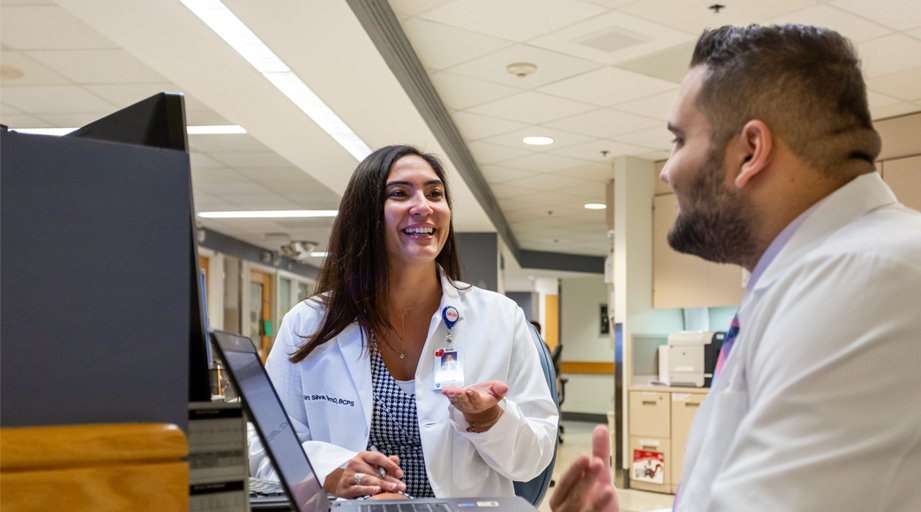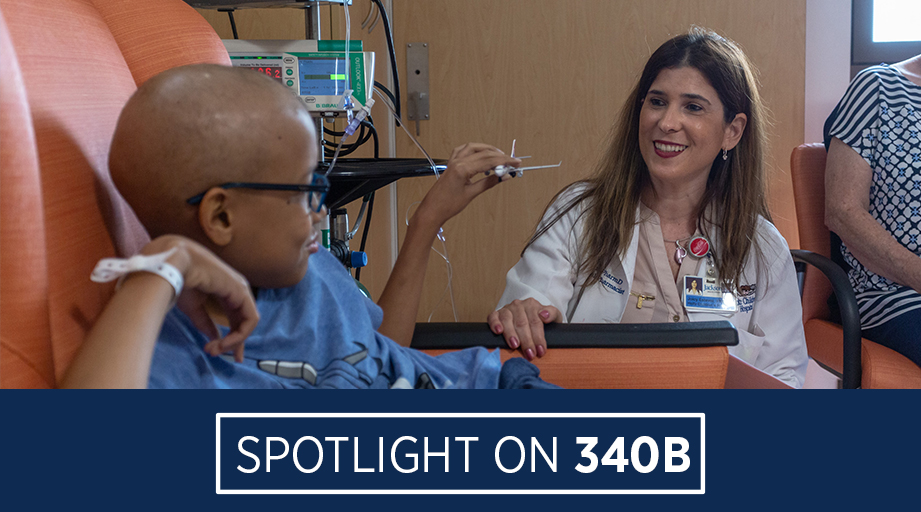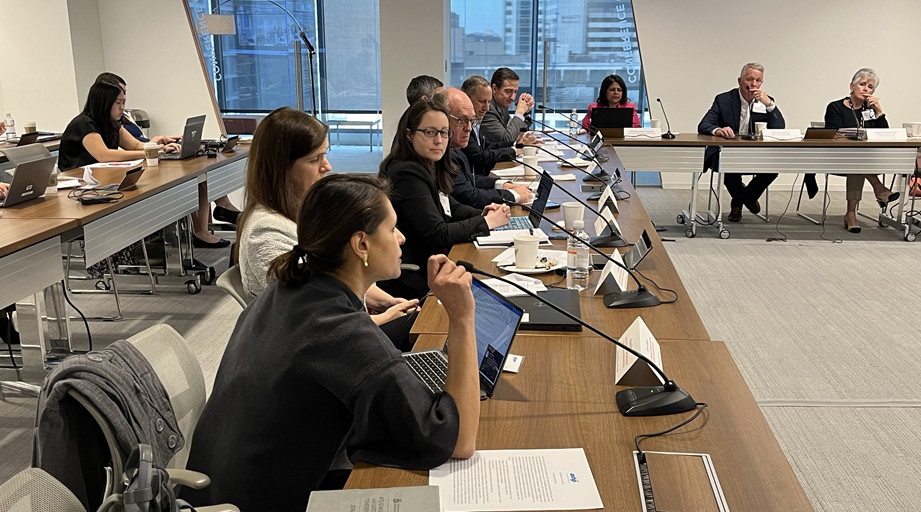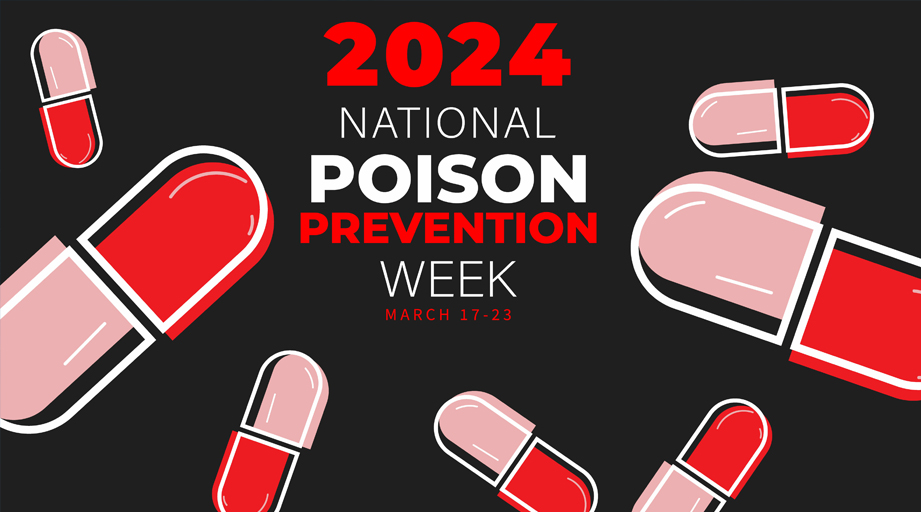
The effects of the COVID-19 pandemic at Holy Name Medical Center in Teaneck, New Jersey, went from mild to critical in less than a week, creating unprecedented challenges for the 361-bed community hospital.
“We had such a rapid upswing,” said pharmacy director Nancy Palamara.
She said there was concern about potential COVID-19 activity in the community in early March, and the hospital had started testing patients who were considered at risk for infection.
By March 12, she said, the emergency department (ED) team was monitoring about a half-dozen patients who were infected or presumed infected with the SARS-CoV-2 virus.
Two patients seemed ready to send home. But they suddenly went into respiratory distress and ended up in the hospital’s 19-bed intensive care unit (ICU). Within four days, Palamara said, eight COVID-19 patients were on ventilators in the ICU.
“If you haven’t ever had six patients intubated and admitted to the ICU in a 16-hour time frame,” she warned, “you need ... to prepare for that.”
Palamara said the medical staff has started to do “planned, controlled intubations” when patients first show signs of respiratory distress instead of waiting for an emergency situation.
To minimize exposure risks for her staff, Palamara has changed the way the team manages medication refills for rapid sequence intubation (RSI) kits and code carts.
She said used RSI kit containers are normally sent back to the pharmacy and refilled. But after that initial emergency intubation, the pharmacy started making disposable RSI kits in plastic bags.
“I don’t want it back,” Palamara said when the nursing staff asked about returning a used container. “I don’t want anything to come out of the [isolation] area.”
Palamara said two code carts have been deployed to each of the hospital’s isolation units and will remain there after the contents are used. Medications are kept in a tray and bucket located in a secure area outside the isolation unit and used to refill the carts.
Palamara noted that although this procedural change was communicated by email, she still had to intervene to prevent staff members from trying to exchange a potentially contaminated code cart.
“Now I know that if I email anything out and I don’t get a response, I have to start making phone calls in a couple hours, because everybody is taxed,” she said.
Palamara said one of her big challenges is acquiring and maintaining stocks of critical medications. She noted that the chief medical officer has emphasized that medication needs are constantly changing, because there’s no consensus yet on how to care for COVID-19 patients.
“What I need today might not be what I need tomorrow,” Palamara said.
Her most consistent need has been for norepinephrine, which has been on allocation from the hospital’s wholesaler, Cardinal Health. Palamara said she went through a month’s worth of the drug in just a few days.
“We had to scramble,” she said. Fortunately, she said, she was to reach someone at Cardinal Health who could quickly lift the allocation.
“This was 9:00 on Sunday night. They said, ‘Let me get you your top three needs tonight.’ And so they did; they came through for us,” she said.
Palamara urged her community hospital colleagues to be ready to acquire specialty respiratory medications, such as epoprostenol sodium, for which the hospital may not have in place a purchasing medication.
She said it took three days to reactivate an account with the specialty pharmacy that supplies the drug.
“We had to get an emergency shipment,” she added.
Palamara said the hospital’s small clinical trials department has reviewed the protocol for the recently launched National Institute of Allergy and Infectious Diseases trial of remdesivir, an investigational drug from Gilead that’s being studied in COVID-19 patients. She said the hospital’s patients didn’t meet the study criteria, but three have been approved to receive remdesivir through a compassionate use protocol.
“That was good news,” she said.
The pharmacy staff has also been fielding questions about medications that haven’t been studied in well-designed clinical trials but may, on the basis of preliminary data, have activity against the coronavirus.
“These are things we’re not used to having any kind of a comfort level at all. That’s now how we usually practice,” Palamara said.
She said the medical staff has settled on hydroxychloroquine, for now, as the likeliest candidate for COVID-19 patients. But there is uncertainty about the best dosage and duration of therapy and how the drug acts in combination with other medications.
Physicians have also begun to ask if the hospital’s outpatient pharmacy can fill hydroxychloroquine prescriptions for COVID-19 patients in the community.
“I don’t feel confident that I have enough for my inpatients at this point who are sick, let alone outpatients who are at home who are mildly or moderately ill,” Palamara said. “As soon as we feel that we have adequate supplies, we will reach out and discuss setting something up for outpatient dispensing.”
But the physicians’ inquiries highlighted the exposure risk for pharmacy staff if COVID-19-positive patients come to the outpatient pharmacy.
“That’s not OK,” Palamara said. “We’re not even letting visitors in, let alone somebody who’s a known positive patient, to pick up a prescription.”
She noted that outpatient pharmacy staff should be wearing protective equipment when interacting with patients at the pharmacy counter.
Palamara said she and her two managers have been working to handle emergent issues, so that the rest of the team can focus on their normal tasks and reduce their overall stress level. They’re also having daily huddles and being transparent about the current situation.
“There was a fair amount of anxiety early on,” she said. “The biggest thing for us is we were doing things really outside of the way we normally do them. And we were so overwhelmed so quickly that we really didn’t have time to reach out and collaborate with other people. Now, not that things are great, but we’ve gotten a little bit into the groove.”
She acknowledged that coping with the pandemic is far more challenging than dealing with previous disasters, such as Hurricane Sandy, which caused major disruptions nearly a decade ago.
“I remember being stressed then; I remember working long hours during that time, I remember being worried about drug supplies. But we knew it was going to end,” Palamara said. “The most concerning thing for me right now with this is we’re in week one, and word out there is this is weeks to peak. And after peak, you’re still getting patients.”
For more information and free tools regarding the pandemic, visit ASHP’s COVID-19 Resource Center and the new COVID-19 Community at ASHP Connect.







